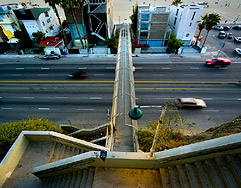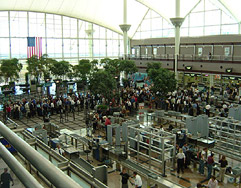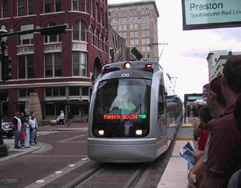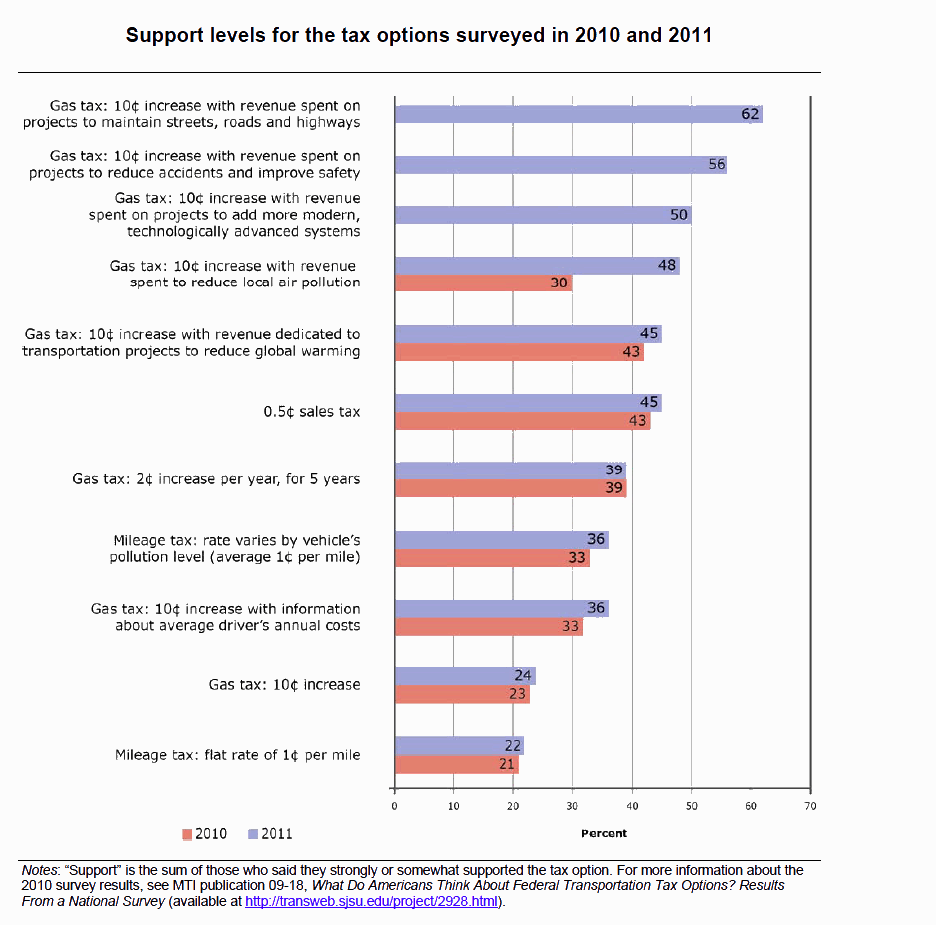MINETA TRANSPORTATION INSTITUTE
INTRODUCTION
Over the past decades, the transportation revenues available from state and federal gas taxes have fallen significantly, especially in terms of inflation-adjusted dollars per mile traveled. At the same time, the US transportation system requires critical—and expensive—system upgrades. Policy makers are thus seeking options for raising new revenues.
This report presents the preliminary results of the second year of a random-digit-dial public opinion telephone survey investigating support among members of the public for a variety of transportation tax options at the federal level. The survey results show that a majority of Americans would support higher taxes for transportation—under certain conditions. For example, a gas tax increase of 10 cents per gallon to improve road maintenance was supported by 62% of respondents, whereas support levels dropped to just under half if the revenues were to be devoted to reducing local air pollution or global warming. For tax options where the revenues were to be spent for undefined transportation purposes, then support levels varied considerably by what kind of tax would be imposed, with a sales tax much more popular than either a gas tax increase or a new mileage tax. The figure below shows support levels for all the tax options tested.
The poll also asked respondents about their priorities for government spending on transportation in their state. Over two-thirds of respondents felt that governments should make it a high priority to maintain streets, roads, and highways, and almost two-thirds said the same about reducing accidents and improving safety. By contrast, not quite half of respondents placed a high priority on reducing traffic congestion or expanding public transit service.
The survey questions replicate those from a similar survey that MTI conducted in 2010, to establish how public views may have shifted over the past year. The survey findings suggest that Americans are just as willing to support tax increases for transportation this year as last, or perhaps even slightly more so. For example, this year 36% of respondents supported a new mileage tax if the rates varied by the vehicle’s pollution level, compared to a similar 33% supporting such a tax last year. The only substantial change in support levels over the two years was a jump in support for a gas tax with revenue spent to reduce local air pollution. This year the tax had 48% support, compared to 30% last year.
This preliminary report of the survey findings will be followed in summer 2011 by a final report providing further detail, including analysis of how factors like age, political party, and transit usage may correlate with respondents’ support for the different tax options and spending priorities.
Download full version (PDF): WHAT DO AMERICANS THINK ABOUT FEDERAL TRANSPORTATION TAX OPTIONS?
About Mineta Transportation Institute
www.transweb.sjsu.edu
“The Mineta Transportation Institute (MTI) was established by Congress in 1991 as part of the Intermodal Surface Transportation Efficiency Act (ISTEA) and was reauthorized under TEA-21 and again under SAFETEA-LU. The Institute is funded by Congress through the US DOT’s Research and Innovative Technology Administration, by the California Legislature through the Department of Transportation (Caltrans), and by other public and private grants and donations, including the U.S. Department of Homeland Security…MTI conducts research, education, and information and technology transfer focusing on multi-modal surface transportation policy and management issues.”







 RSS Feed
RSS Feed